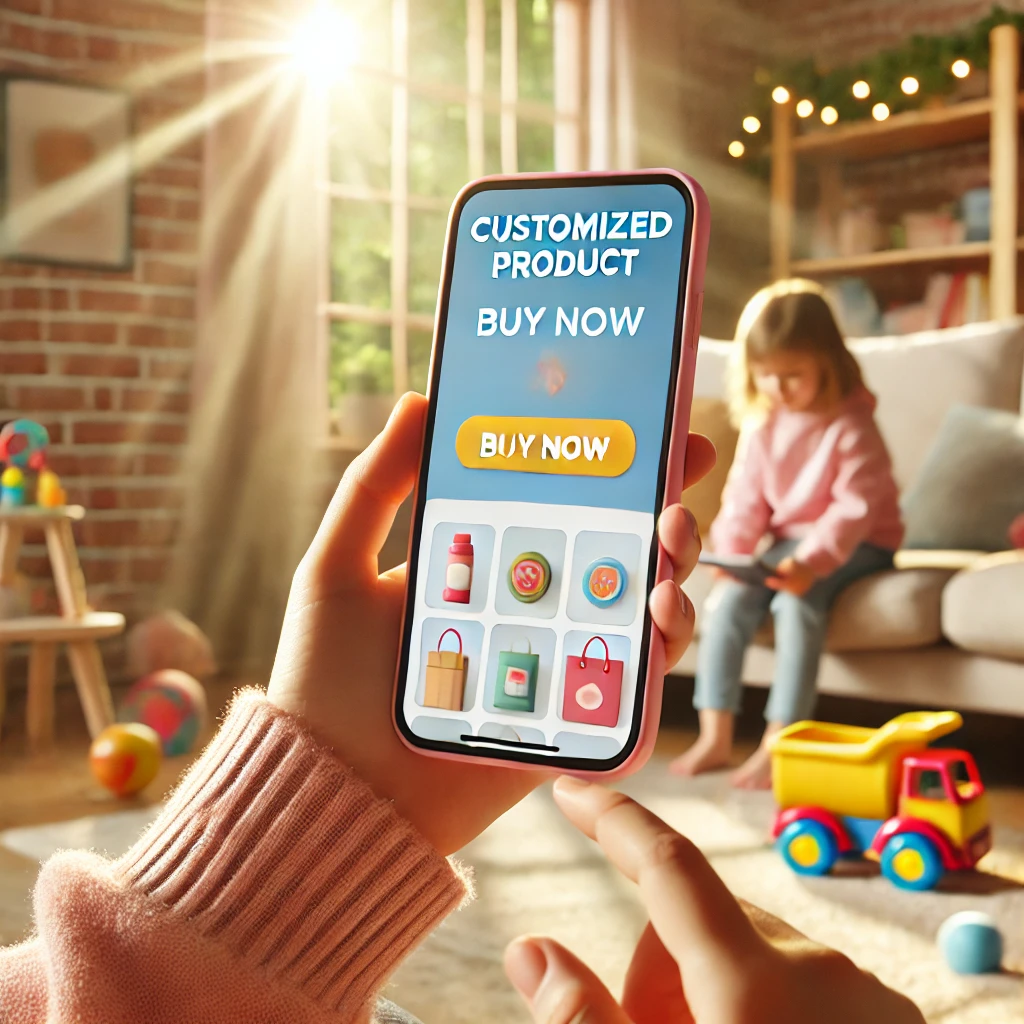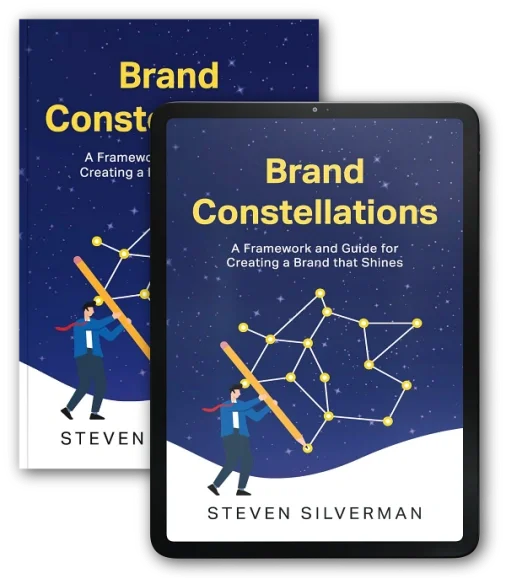
AI-Powered Personalization: Tailoring Products to Fit Customer Needs
Today, consumers desire personalized experiences in addition to high-quality products. Gone are the days of one-size-fits-all solutions. Brands that leverage cutting-edge technologies to understand and serve customers are the ones that succeed. AI-driven personalization is revolutionizing how companies create and deliver highly customized products and services.
What Is AI-Powered Personalization?
Artificial intelligence analyzes massive customer datasets to uncover patterns and predict individual preferences in AI-powered personalization. AI integration in product development and customer engagement lets companies craft products tailored to each customer.
This goes beyond being just a popular buzzword. From personalized recommendations to custom product designs, it’s the new standard in customer-centric branding.
Why Personalization Matters
- Enhanced Customer Experience
Personalization makes customers feel understood and valued. Whether it’s a streaming platform suggesting the perfect movie or a skincare brand recommending the ideal product, tailored experiences enhance satisfaction and loyalty. - Increased Sales and Retention
Studies show that personalization boosts sales. According to McKinsey, growing companies that excel at personalization generate 40% more revenue from these efforts than their peers. - Stronger Brand Loyalty
When customers feel like a brand truly “gets” them, they’re more likely to stick around. AI helps build trust by consistently delivering value and relevance.
How AI Powers Personalization
- Data Collection and Analysis
AI leverages customer data—purchase history, browsing behavior, demographics, and even social media activity—to paint a detailed picture of each individual.
Example: Netflix’s recommendation engine analyzes viewing habits to suggest shows and movies tailored to specific tastes, keeping users engaged.
- Real-Time Adjustments
AI can make instant updates to recommendations and offers based on real-time actions. For example, an e-commerce site might adjust product suggestions based on what a customer just added to their cart.
Example: Amazon’s dynamic recommendation engine presents related products in real-time, driving upsells and cross-sells.
- Custom Product Design
Some companies go beyond recommendations to create entirely customized products. AI-powered tools enable brands to design items based on customer preferences, such as fit, color, or functionality.
Example: Nike’s customization platform, Nike By You, lets customers design shoes tailored to their style, ensuring a unique experience.
- Predictive Analytics
AI predicts what customers will want before they even know it. By analyzing past behavior and current trends, AI can help brands anticipate demand and create tailored marketing strategies.
Example: Spotify’s AI-driven playlists, such as Discover Weekly, deliver personalized music selections based on listening habits and preferences.
The Benefits for Brands
- Deeper Customer Insights
AI doesn’t just personalize—it also uncovers valuable insights about customer behavior, enabling brands to make smarter decisions. - Cost Efficiency
By targeting the right customers with the right products, brands can reduce wasteful spending and maximize their ROI. - Scalability
AI-powered systems handle large-scale personalization effortlessly, allowing brands to customize experiences for millions of customers simultaneously.
Challenges to Consider
- Data Privacy Concerns
Personalization relies on data, but brands must navigate privacy regulations and ensure customer trust by being transparent about data use. - Implementation Costs
While AI-powered tools can be cost-effective in the long run, initial setup and integration can be expensive for smaller brands. - Over-Personalization
Too much personalization can feel intrusive. Striking the right balance is key to maintaining customer comfort and trust.
Getting Started with AI-Powered Personalization
For brands looking to dive into AI-powered personalization, here are some actionable steps:
- Start Small: Focus on one area, such as email marketing or product recommendations, and scale up as you see success.
- Invest in the Right Tools: Research AI platforms that align with your brand’s goals and integrate seamlessly with existing systems.
- Leverage Data Wisely: Ensure data collection and analysis comply with privacy laws and use it responsibly to build trust.
- Test and Iterate: Use A/B testing to fine-tune your personalization efforts and measure their impact.
The Future of Product Personalization
AI-powered personalization isn’t just a trend; it’s the future of branding. The continued advancement of AI will allow brands to create experiences that anticipate and address customer needs proactively and personally. By adopting these tools now, brands can position themselves as leaders in customer-centric innovation.
At the heart of personalization is a simple idea: making customers feel seen and valued. With AI, brands have the tools to deliver on that promise at scale, creating lasting relationships and driving business success.
Are you ready to embrace the power of AI-powered personalization? Let the journey begin!



